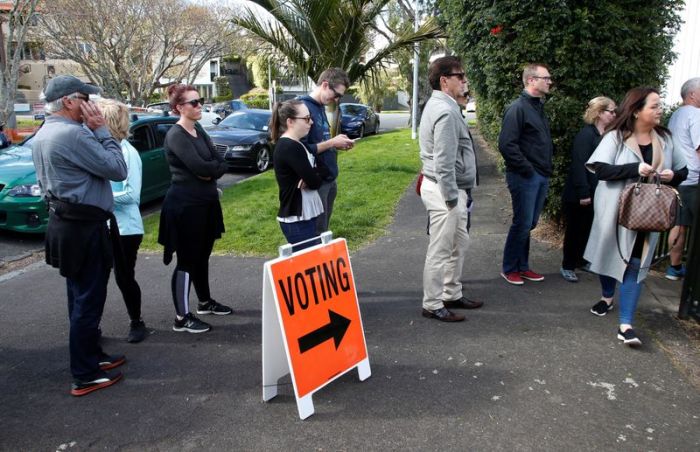BRUSSELS (Reuters) – EU officials warned Europe to be ready for wider COVID restrictions as infections surged across the continent, France and Germany prepared curbs almost as strict as their spring lockdowns and cases soared across the United States.
Europe and the United States have emerged as the current danger zones for COVID-19, which was first identified in China in December, in a global crisis in which more than 44.94 million people have been infected and 1,178,943 have died.
“Given the very dynamic situation in all of Europe, we need to equally reduce contact in almost all European countries,” German Health Minister Jens Spahn told journalists after a video conference of EU health ministers that he chaired.
EU Health Commissioner Stella Kyriakides echoed the call.
“We need to pull through this, where needed, with restrictions on everyday life to break the chain of transmission,” she told the video conference.
France and Germany announced new lockdowns this week as infections on the continent passed the 10-million milestone and hospitals and intensive care units filled up again.
Bars, restaurants, sports and cultural events have been restricted or closed in several other European countries.
Belgium, one of Europe’s worst-affected countries, recorded an average of 15,316 new infections per day in mid-October, health officials said. Austria recorded its highest daily number of infections to date.
Russia has seen coronavirus cases swell in recent weeks and reported 18,283 new infections on Friday, the highest tally recorded since the pandemic began, and 355 deaths.
Poland reported a fourth consecutive daily record for new cases. Britain resisted the idea of a new national lockdown, even as a survey showed soaring COVID-19 infections and Prime Minister Boris Johnson slumped in the polls, testing his resolve to use mainly local measures to tackle the pandemic.
‘AMERICAN FIASCO’
Gloom over the rising infections has hit financial markets. U.S. stocks fell, dragged down by a slide in shares of tech heavyweights following their quarterly results, with a record rise in coronavirus cases and nerves over the presidential election adding to a downbeat mood globally.
Illustrating the difficulty in reining in the virus without destroying the economy, Britain’s “eat out to help out” discount scheme to boost spending at restaurants, cafes and pubs over the summer helped spread the coronavirus, according to a new study.
European Central Bank policymakers said governments must be selective in shutting down economic activity to combat the pandemic and need to keep spending up to support businesses and families.
“We must try to defeat the virus without totally shutting down the economy because the consequences in terms of loss of economic activity are very, very intense,” ECB Vice President Luis de Guindos said.
A record surge of infections in the United States is pushing hospitals to the brink of capacity and killing up to 1,000 people a day before the Nov. 3 election, in which handling of the pandemic has become the main issue.
The United States broke its single-day record for new coronavirus infections on Thursday, reporting at least 91,248 new cases, as 21 states reported their highest daily number of hospitalized patients since the pandemic started, according to a Reuters tally of publicly reported data.
“We’re going in the wrong direction,” said Dr. Anthony Fauci, a leading White House task force member and director of the National Institute of Allergy and Infectious Diseases.
The surge has revived some of the worst images of the first wave of the virus in March, April and May, with people on ventilators dying alone in isolation and medical staff physically and mentally exhausted.
Among the hardest hit states are those most hotly contested in the election campaign between Republican President Donald Trump and Democratic challenger Joe Biden, such as Ohio, Michigan, North Carolina, Pennsylvania and Wisconsin.
Trump has downplayed the virus since the pandemic began, ridiculing Fauci and mocking social distancing and the wearing of masks. He has repeatedly told campaign rallies the country is “rounding the turn” on the pandemic to the delight of his mostly non-mask wearing supporters but infuriating Democrats.
“The virus is a global scourge, but it has been an American fiasco, killing more people in the United States than in any other country,” said an interim report by Democratic staff of the House Select Subcommittee on the Coronavirus Crisis, which was created in April.
(Reporting by Reuters bureaux; Writing by Nick Macfie; Editing by Clarence Fernandez, Chizu Nomiyama, Larry King, William Maclean)


























